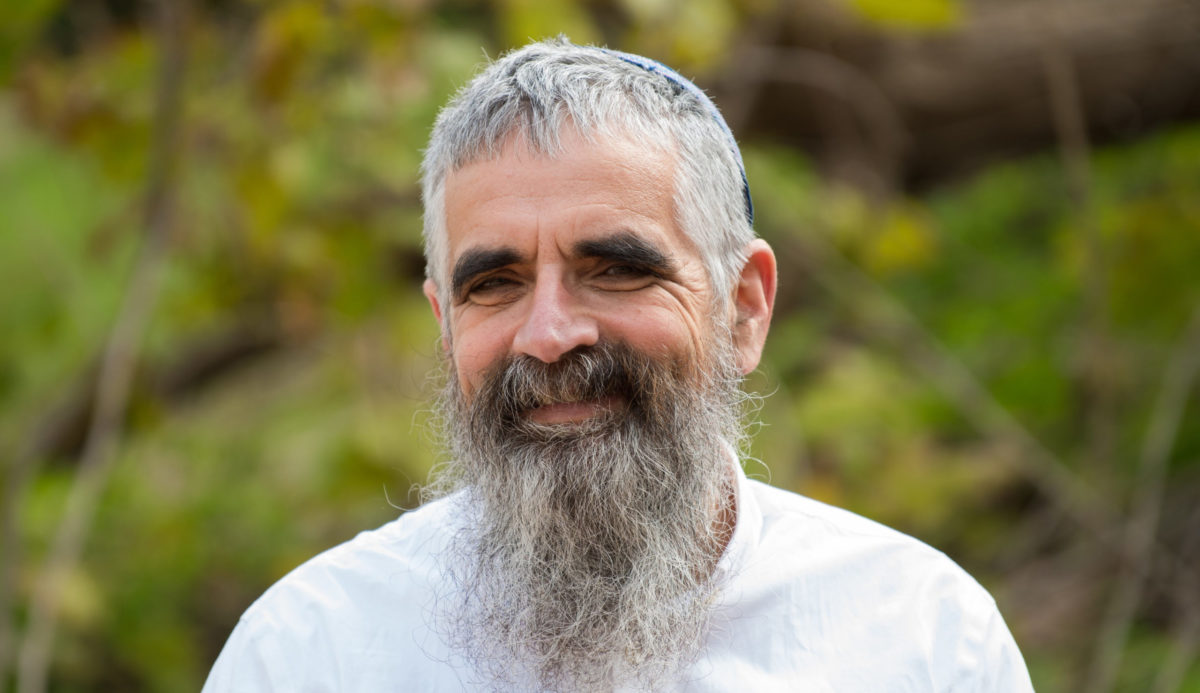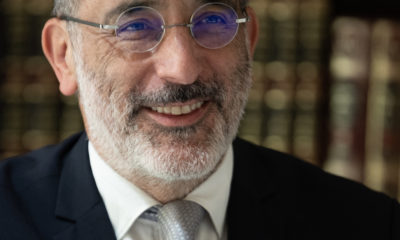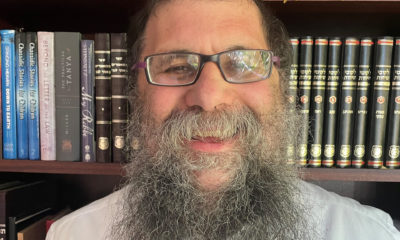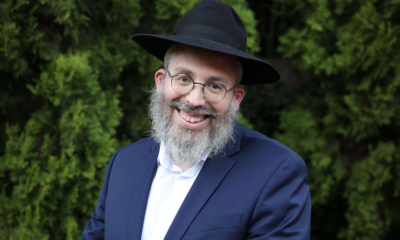
Religion

Seder night 2024: the significance of remembrance
The formative event in the foundation of the Jewish people was undoubtably the exodus from Egypt. After hundreds of years as slaves, we were granted freedom. The philosopher, Sir Isaiah Berlin, once observed that the Jewish freedom wasn’t only gaining freedom from something but also freedom for something.
In this sense, there are two very different types of freedoms. Freedom can be a sense that we’re free to act as we please, without any higher being or authority to limit our actions. But real freedom isn’t only the absence of authority but the realisation that because we’re free to act, we also have a responsibility to act responsibly and bring something positive to our world. Specifically, this means that we must take the freedom bestowed upon us and act ethically and with morality on personal, communal, and national levels.
On seder night, we dedicate ourselves to the acknowledgement of our exodus and being granted that particularly unique Jewish type of freedom.
But it’s also important to remember that our holidays aren’t simply acknowledgements and recollections of important historical events, but days of remembrance. Some might think this is simply an issue of nuance, but indeed, there’s a very important distinction. Holidays based on history alone would mean that we simply recall what occurred, perhaps discuss or research its anthropology, or make some sort of an archaeological pilgrimage to the sites where those events might have occurred.
But a day of remembrance has a far deeper meaning. We’re not only hoping to recall the past, but in a very special sense, restore the past and bring those events into our contemporary being.
This year, that recognition will certainly take on deeper significance. We must look at our historical exodus from Egypt, and internalise how those events relate to the challenges that we’re living through today.
To do so most effectively, we can look at the three prime symbols of the day – the Pesach sacrifice; the matzah; and the maror, each with its own significance.
Pesach reminds us of the plagues and that real freedom certainly never comes easy. We were slaves and suffered terribly and in order to be freed from such sheer evil, we needed to work tirelessly to create a better world. That’s a message that has stayed true throughout history, but is perhaps clearer today than ever. Overcoming pain and loss have been an almost eternal part of our national history. Just like thousands of years ago, when we were forced to fight evil with goodness, that truth remains an ever-present reality of our Jewish lives today.
Matzah is by definition a humble bread. Simple flour and water, without any binding ingredients, flavouring, or the chance to rise. Humility is critical because it demands that we remember that we can never take any aspect of our existence for granted. Being overly proud and haughty is a flaw. Once again, this year this is a truth that we came to appreciate in an all-too-tragic way, when perhaps we grew too comfortable with our security. But our prayer through this symbol of the matzah is that we’ll overcome, just as we have many times in our past.
Maror is perhaps the clearest example where we understand that life is often bitter and hard. Challenge, loss, and tragedy aren’t simply elements of our history. They need to be remembered because they are ever-present aspects of who we are today. This year, Jews in Israel and all across the diaspora are experiencing an enormous amount of bitterness. Not even for a moment can we be allowed to forget that the holiday will be marked by families who have lost loved ones or have been injured themselves, as well as thousands of people who remain evacuated from their homes. Of course, while we sincerely pray that by seder night, the hostages will have been released, as I write these words, I’m forced to contend with the recognition that 134 people still remain captive, representing one of the most bitter chapters in our nation’s history.
This seder night, perhaps more so than any Pesach experienced in our generation, we’ll be celebrating the holiday in ways that we perhaps hoped might never again be necessary. But remembrance also demands us to acknowledge that, just like in eras past where Jewry was exposed to massive tragedy, pain, and loss, again today we live with the firm faith that we’ll be victorious. And as difficult as it is to imagine it in times like the present, we can live with the confidence that far better days lie ahead.
- Rabbi Yuval Cherlow is the director of the Tzohar Center for Jewish Ethics.










